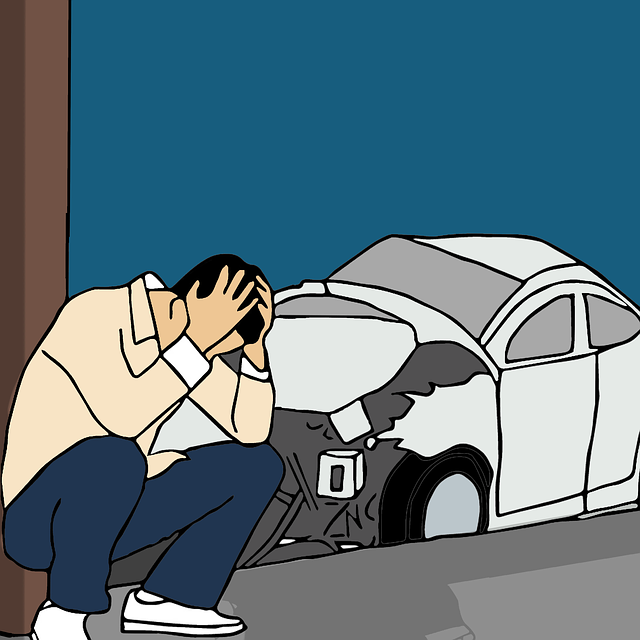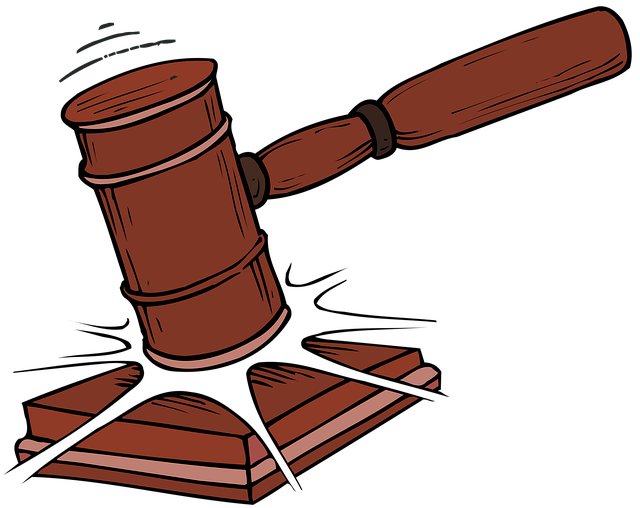Injury settlement negotiation is a complex process for resolving personal injury claims outside of court, requiring thorough preparation, evidence gathering, and legal guidance. It involves identifying parties, assessing case strength, contacting insurance companies, and discussing claim valuation & liability to reach mutually agreeable settlements in lieu of costly litigation. Consulting legal experts, maintaining calmness, and ensuring accurate documentation significantly enhance the chances of securing a fair settlement.
Injury settlement negotiations are a crucial step in obtaining justice and fair compensation after an accident. This comprehensive guide breaks down the intricate process, offering valuable insights into how to navigate these complex discussions effectively. From understanding the initial steps to identifying common pitfalls, you’ll learn essential strategies for preparing and succeeding in injury settlement negotiations. By mastering these techniques, individuals can make informed decisions, ensuring they receive the maximum settlement possible.
- The Process of Injury Settlement Negotiation
- Preparing for Successful Negotiations
- Common Mistakes to Avoid During Negotiation
The Process of Injury Settlement Negotiation

Injury settlement negotiation is a crucial process for individuals who have suffered injuries due to someone else’s negligence. It involves several key steps that aim to reach a fair and just resolution outside of court. The initial phase includes identifying all parties involved, gathering relevant evidence such as medical records and witness statements, and assessing the strength of the case. Once prepared, the injured party or their representative initiates contact with the opposing insurance company, which often leads to back-and-forth discussions focused on valuing the injury claim and determining liability.
These negotiations can be complex, especially in cases involving severe injuries or significant financial losses. A car accident lawyer Miami, for instance, would guide clients through this process, advocating for their best interests. Throughout these discussions, both parties aim to reach a mutually agreeable settlement amount that compensates the injured party for their personal injury compensation. Should an agreement be reached, it is documented in a legally binding contract, finalizing the injury claim and avoiding the time-consuming and potentially costly alternative of litigation.
Preparing for Successful Negotiations

Preparing for successful negotiations is a critical step in achieving a favorable outcome in any injury settlement case. The first step involves gathering comprehensive documentation related to your injuries, including medical records, bills, and any other evidence that highlights the extent of your damages. A Miami personal injury lawyer can assist in this process by ensuring all necessary information is correctly compiled and organized. Understanding the value of your claim is also essential; working with a legal representative who specializes in these cases can provide valuable insights into comparable settlements and help set realistic expectations.
Additionally, anticipating the other party’s arguments and potential counteroffers is crucial. It’s important to be prepared to address any doubts or discrepancies regarding your injuries, liability, or the cause of the incident. Having solid evidence and a clear understanding of your rights in a product liability settlement or any personal injury case increases your chances of reaching a mutually beneficial agreement during negotiations.
Common Mistakes to Avoid During Negotiation

When engaging in injury settlement negotiations, it’s crucial to steer clear of common pitfalls that can hinder your chances of securing a fair accord. One major mistake is underestimating the value of your case. This often stems from downplaying your injuries or the impact they’ve had on your life. Remember, your pain and suffering, medical expenses, and potential lost wages are all legitimate factors in determining compensation. Neglecting to thoroughly review and understand these aspects can lead to a settlement far below what you deserve.
Another blunder is approaching negotiations without solid preparation. Insufficient documentation, such as missing medical records or imprecisely detailed reports, can weaken your position. Additionally, impulsive decisions driven by emotions can result in accepting an offer that isn’t adequate. It’s essential to gather all relevant information, consult with legal experts, and remain calm and rational throughout the process. Navigating insurance disputes requires a strategic approach, so being well-informed and methodical will significantly contribute to a positive outcome in injury settlement negotiations.
Injury settlement negotiations are a complex process that requires preparation and understanding. By familiarizing yourself with the basics, from the negotiation process to common mistakes to avoid, you can navigate these discussions with confidence. Remember, effective communication, knowledge of your rights, and a strategic approach are key to achieving a favorable injury settlement.






